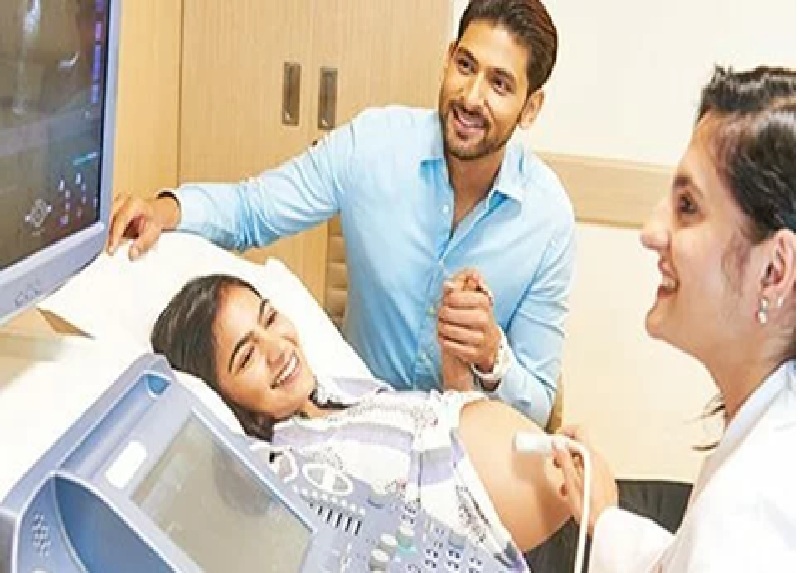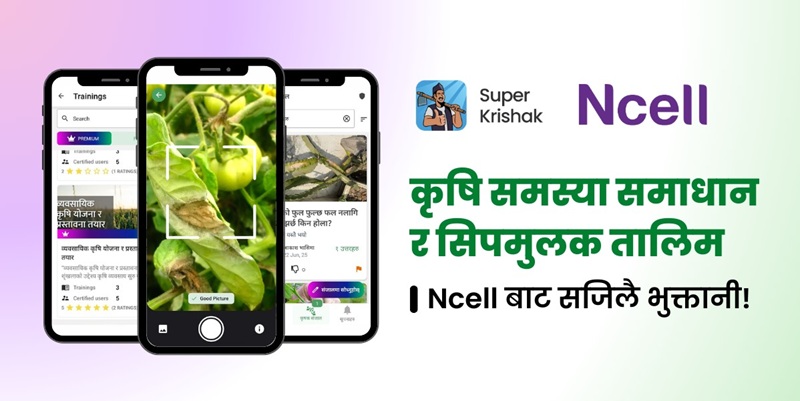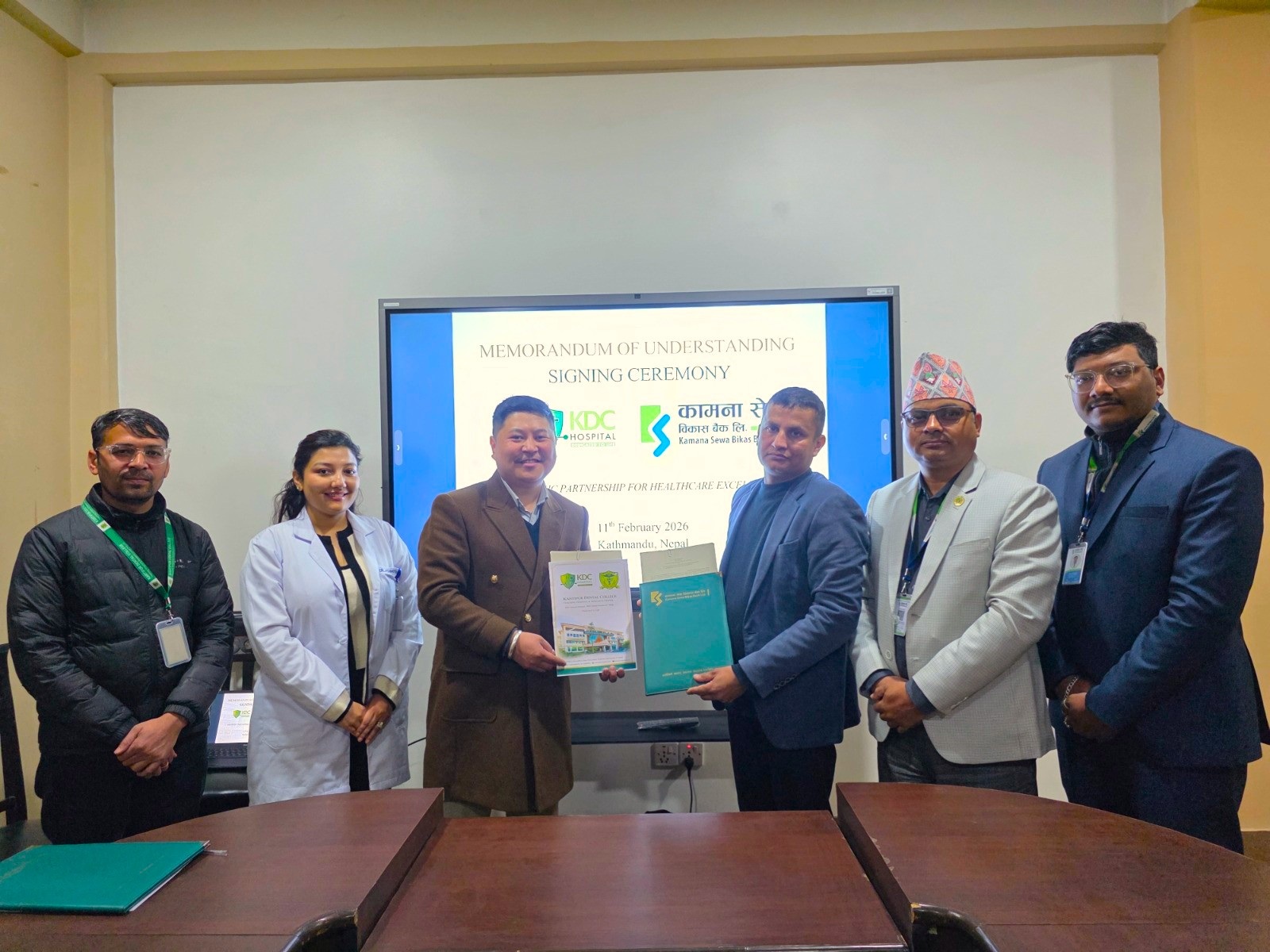IVF in Nepal: Booking Steps, Treatment Timeline & What to Expect
15th July 2025, Kathmandu
Starting your journey toward parenthood is a deeply personal decision, and choosing an IVF centre in Nepal can feel overwhelming. If you’re reading this, you may have already faced many challenges, perhaps even heartbreak.
IVF in Nepal Booking Steps
Please know you’re not alone—many couples and individuals in Nepal and beyond have walked this path. The good news is that IVF and other fertility treatments like IUI offer real hope. Let’s walk you through every step of booking at an IVF centre in Nepal, explaining the process, timeline, and what you can expect, so you feel informed and supported every step of the way.
Steps to Book at an IVF Centre in Nepal
1. Initial Inquiry and Appointment Booking
The first step is reaching out to your chosen IVF centre in Nepal. Most centres allow you to book an appointment online, by phone, or in person. You’ll be asked for basic details about your fertility history and any previous treatments, such as IUI. The staff are used to these conversations and will treat your information with respect and confidentiality.
2. First Consultation: Medical History and Evaluation
During your first visit, you’ll meet with a fertility specialist who will take a detailed medical history for both partners. This includes questions about menstrual cycles, previous pregnancies, and any prior fertility treatments like IUI. Our goal is to understand your unique situation and address any questions you may have. You’ll likely feel a mix of hope and anxiety—both are completely normal.
3. Fertility Testing
Before starting IVF, both partners will undergo a series of tests:
- For women: Blood tests to check hormone levels, a pelvic ultrasound to examine the ovaries and uterus, and sometimes an HSG X-ray to assess the fallopian tubes.
- For men: Semen analysis to assess sperm count, movement, and shape.
- Both partners: Screening for infectious diseases like HIV, hepatitis, and syphilis.
If you’ve tried IUI before, share those details, as they help tailor your treatment plan.
4. Counselling and Financial Planning
IVF can be emotionally and financially demanding. Most IVF centres in Nepal offer counselling sessions to help you prepare emotionally. You’ll also receive a detailed breakdown of costs, which typically range from NPR 250,000 to NPR 450,000 per cycle, excluding medications and additional procedures. This is a good time to ask about payment plans, insurance, and any financial assistance options.
IVF Process: Step-by-Step
Week 1: Ovarian Stimulation
You’ll start daily fertility medications (usually injections) to stimulate your ovaries to produce multiple eggs. This phase lasts about 10–14 days. Regular ultrasounds and blood tests will be used to monitor your progress. The goal is to have several mature eggs ready for retrieval.
Egg Maturation and Trigger Shot
Once your follicles are mature, you’ll receive a final injection (often called the “trigger shot”) to prepare your eggs for retrieval. Timing is crucial here, and your clinic will guide you every step of the way.
Egg Retrieval (Single Day)
Egg retrieval is a minor surgical procedure done under light anaesthesia. Using ultrasound guidance, the doctor collects eggs from your ovaries with a thin needle. On the same day, your partner provides a semen sample, or sperm is retrieved using other methods if necessary.
Fertilisation
The eggs and sperm are combined in a lab dish. Sometimes, advanced techniques like ICSI (injecting a single sperm directly into an egg) are used if there are male fertility issues. The fertilised eggs (embryos) are monitored for 3–5 days to ensure healthy development.
Embryo Transfer
One or two of the best-quality embryos are selected and gently placed into your uterus using a thin catheter. This is a quick and painless procedure, and you can usually go home on the same day.
Luteal Phase Support
You’ll take medications (often progesterone) to support your uterine lining and help the embryo implant. This phase lasts about two weeks.
Pregnancy Test
About 10–14 days after embryo transfer, you’ll return to the clinic for a blood test to check for pregnancy. This waiting period can be the most emotionally intense part of the process, so lean on your support system and counselling services if needed.
Timeline Overview
| Step | Estimated Duration |
| Consultation & Testing | 1–2 weeks |
| Ovarian Stimulation | 10–14 days |
| Egg Retrieval | Single day |
| Embryo Culture | 3–5 days |
| Embryo Transfer | Single day |
| Pregnancy Confirmation | 10–14 days post-transfer |
The entire process from your first consultation to pregnancy confirmation usually takes 6–8 weeks, though it can extend up to 3 months depending on your unique response to treatment.
What to Expect: Emotionally and Physically
- Physical Effects: You may experience mild side effects from fertility medications, such as bloating, mood swings, or mild discomfort during egg retrieval. Most women recover quickly and can resume normal activities within a day or two.
- Emotional Journey: IVF is a rollercoaster of hope, anxiety, and sometimes disappointment. It’s common to feel overwhelmed, especially during the two-week wait after embryo transfer. Support from your partner, family, or a counsellor can make a big difference.
- Success Rates: IVF success rates in Nepal are improving due to advancements in technology and care; however, not every cycle results in a pregnancy. Sometimes, more than one cycle is needed.
Considering IUI Before IVF
If you’re just starting fertility treatments, your doctor may suggest trying IUI (Intrauterine Insemination) before IVF, especially if your fertility challenges are mild. IUI is less invasive and less expensive, but if it’s not successful after a few cycles, IVF may be recommended for higher chances of pregnancy.
Tips for a Smooth Experience
- Ask Questions: No question is too small. Understanding each step helps reduce anxiety.
- Follow Instructions: Take your medications exactly as prescribed and attend all scheduled appointments for the best possible outcome.
- Prepare Emotionally: Consider joining a support group or seeking counselling.
- Plan Logistically: Arrange time off work for key procedures and discuss travel or accommodation needs if you live far from the centre.
Choosing an IVF centre in Nepal is a big step, but you’re not alone. With compassionate care, clear information, and the right support, this journey can bring you closer to your dream of parenthood.
For more: IVF in Nepal Booking Steps







